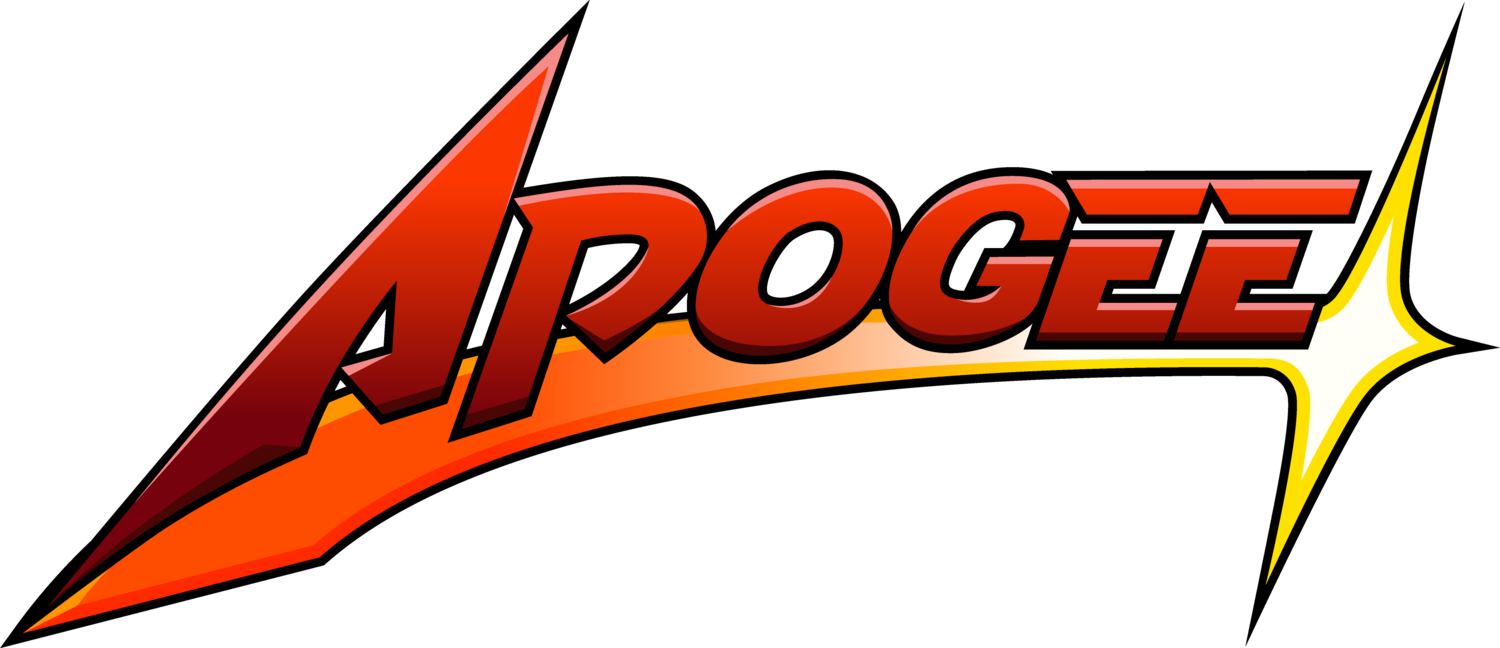Interview With Darrin Hurd
Darrin Hurd worked on the ORIGINAL game called Duke Nukem Forever…
…which was a platformer that had a completely different look to the original two Duke platforming games. The project started in 1994, prior to the release of Duke Nukem 3D.
All the fun details below, including the origin of the game's name, in an interview by Scott Miller...
Q: How’d you first get into the industry? What are you up to nowadays?
I first got into game development in the early 1990s. I teamed up with my best friend Peter who was a really good artist. Unfortunately I was also an artist, so given I had done programming in the past and was more mathematically inclined, I became our group programmer.
I think being both an artist and a programmer helped a lot. I could visualize things we wanted to achieve and then put it into code. Back then the only way we could get the speed we wanted was to write everything in Assembly.
Currently I'm a Research Software Engineer, specializing in HMI and AR which is really my perfect job.
Q: How did you first make contact with Apogee?
It would have been early 1994 – via the good old Apogee BBS. We got chatting and I sent an in-progress demo of a side-scroller game I was developing to Scott.
We were a small team based in Christchurch, New Zealand, consisting of myself and my best mate Peter, who was and is an awesome digital artist. Apogee loved the look and concept, and so in June '94 I received a contract (via fax, remember those!) which allowed me to continue working on this full-time (the same day my eldest son was born coincidentally).
Were you a fan of Apogee's Duke Nukem 3D? What was your favorite thing about that game?
We were both fans of Apogee's older games. We hadn't seen Duke 3D before we contacted Apogee as it hadn't yet been released but when we did, it blew our socks off. The humor, the gore, the one-liners and the weapons all somehow gelled with my rather warped sense of humor. Top that with some awesome looking levels and characters and it was obvious Apogee had a winner.
I was a big fan of Apogee back then, not just the games, but the innovations they brought to the industry – so much so that you were our first and only choice when it came to publishing our game.
So, the game Apogee and you were going to work on was a side-scrolling Duke Nukem platformer game but with a very different art style compared to the first two Duke Nukem platformers. Tell us how this game got its start, where the art style came from, and why you thought this was the game you wanted to make for Apogee?
Funnily enough, our original game for Apogee wasn't a Duke game. We had developed our own side scroller with hand-drawn, highly-animated characters similar to the old Prince of Persia game. After Duke Nukem 3D took off, Apogee asked if we would like to switch our game to leverage the hype and turn it into Duke Nukem 4, which seemed like an awesome opportunity to us.
Apogee then supplied us with all of the 3D models for Duke 3D, and we went forward animating and rendering these off as sprites and reworking our original game.
Who thought of the name, Duke Nukem Forever, and why use this name for your game?
It was originally a bit of a pun. The main protagonist in our game was a female Russian soldier called Eva – her last name was a little too un-PC for today's generation (it was a different time). So when we as a group were coming up with a name, we thought it would be funny if Duke fell for Eva and her massive assets, and given this was the 4th installation of Duke, the name “Duke Nukem 4 Eva” was born. Over time the 4Eva eventually transformed to Forever.
Wow, I had forgotten about the whole Eva thing! What, in your opinion, were the key standout features that were going to be in the Duke Nukem Forever platformer? What was going to make this a fun game?
It was just more of the same fun, humor and gore but with added features such as the character dismemberment system. We were also adding in his motorbike and there were suggestions from you to add a dog as a support character as well. The idea was to not overwork what was already the best parts of the original Duke Nukem 3D.
Do you remember why this project got canceled (because I do not!)? And how much of the game (percentage-wise) had been made by the time it was canceled?
The game eventually got canceled, mainly due to the success of Duke Nukem 3D. At this stage everybody wanted 3D games. 2D games were a bit blasé for a while before becoming popular again. There was also a bit of a call to switch to Windows as it was gaining popularity by then, which would have been a bit of a nightmare converting my mainly Assembly code across.
While it was sad, it was understandable at the time, and I have no ill feelings towards Apogee for making this decision. In fact most of them are still friends on Facebook to this day.
In your opinion, what was the most impressive thing about Duke Nukem Forever that you coded/created?
We had some really great tech in our game for the time.
1. Fully parallaxed backgrounds, scrolling at 30 FPS (on a 386SX)
2. Lighting effects, transparency on fires and spotlights
3. Warp effects, heat ripples and glass tubes using a very early implementation of a displacement map
4. Character destruction. Certain parts could be blown off of bad guys, exposing bones and gore.
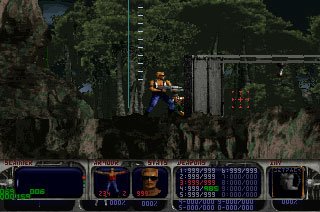
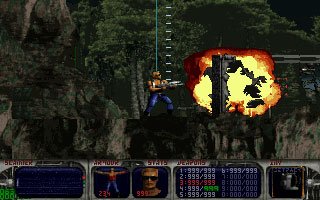
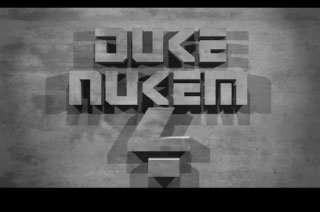
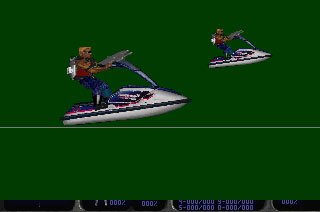
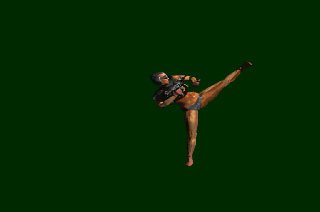
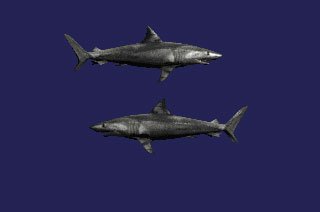
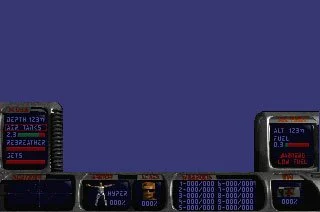
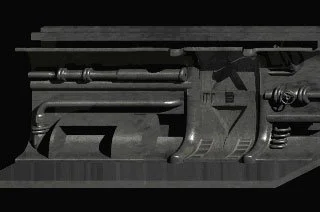
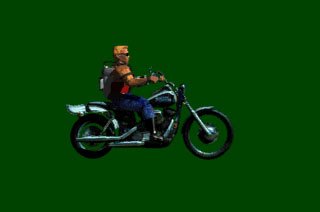
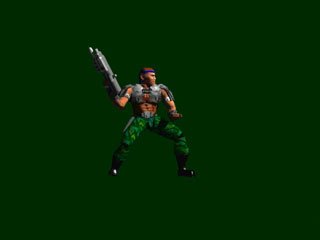
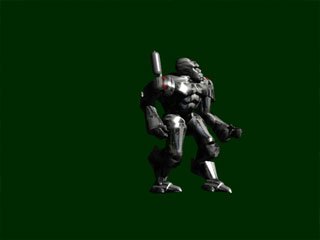
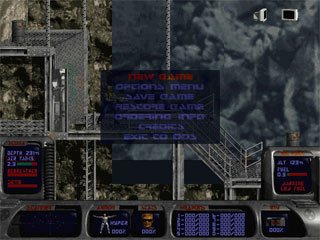
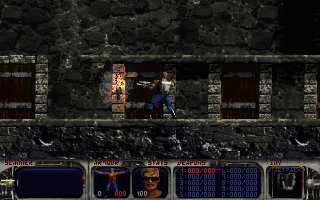
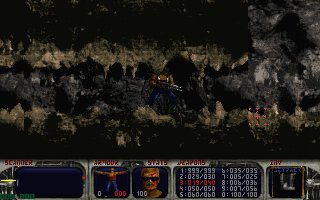
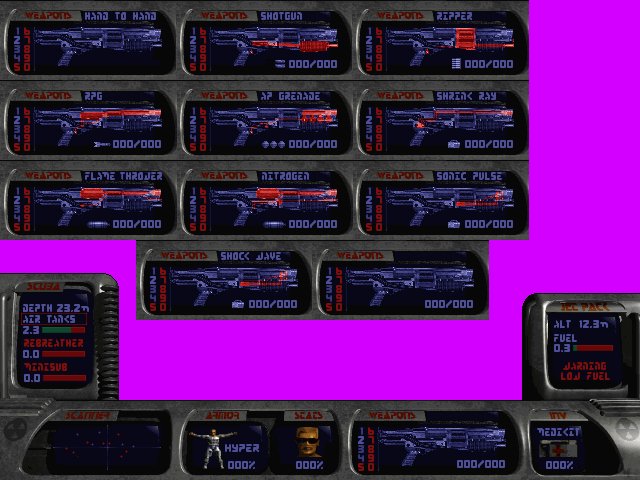
What did you end up doing after the Duke Nukem Forever platformer was canceled?
Given I had a young family and a mortgage, I ended up getting a multimedia developer job here in Christchurch for a large multinational company while still doing game development as a hobby.
I did a lot of prototyping of game ideas before being asked by Derek Smart 3000AD to rewrite his planetary terrain engine for his Battlecruiser series. By now I had switched from Assembly to C as my preferred programming language.
Over the years I haven't really had a lot to do in the game development realm, I still love prototyping game ideas, just have never really settled on anything. I have now been back with the same multinational company, specializing in New Technologies as a Research Software Engineer. A job, which while not game development related, does keep me challenged.
Did you ever play Gearbox's released version of Duke Nukem Forever? And if so, what did you think about it?
I did play it, grabbed it the day it came out in eager anticipation. While it had good, even great bits, it seemed to be missing some of the humor. I didn't play it all the way through, only the first few levels. (I was not a big game player at this stage.)
Last Duke question: Do you think this character still has a future in the game industry?
That's a tough question. I don't think Duke as he stood back in the 90s would quite pass muster nowadays. I have personally had to change my humor a little over the past 20-odd years as well (less warped, lol). The trouble is no one who knows Duke wants to see a watered down version either. Seeing that TV shows like The Boys tend to have quite masochist characters still, maybe there's hope for Duke still.
What's your fave few games from the last 5-10 years?
I don't really play a lot of modern games, but when I do they are mainly retro remakes. I am a huge fan of the whole retro revolution, having grown up in arcades. I have my own old school arcade machine and have had a few pinball machines over the years as well.
From a personal perspective, how important are Easter eggs, hidden passages and secrets to a game?
I personally like Easter eggs and in-game secrets as long as they are not overdone. Some games recently tell you how many secrets there are and you end up spending a lot of time seeking out every last secret, which I find detrimental to the game's flow.
What's the game profession like living at nearly the bottom of the world in New Zealand? As you know, we have two other developer teams living there, making Turbo Overkill and Dead Fury!
It's good to see the industry developing so well down here now! I was a little disheartened in the early days as there seemed to be no support at all for game development, but it has since taken off. I did dabble working for another game development company in Christchurch around 10 years ago, but that company ended up closing, so I went back to multimedia and contract development.
Did you end up using the DNF assets that you made in another game?
We didn't end up using the assets again, but I am tempted to dig them up and have another play.
Thanks so much, Darrin! There was a lot here that I had totally forgotten about so this was a walk down memory lane for me.
Next up for Apogee interviews in a few weeks will be the original project leader for Prey, who was a key player in creating portal gameplay for that game.
